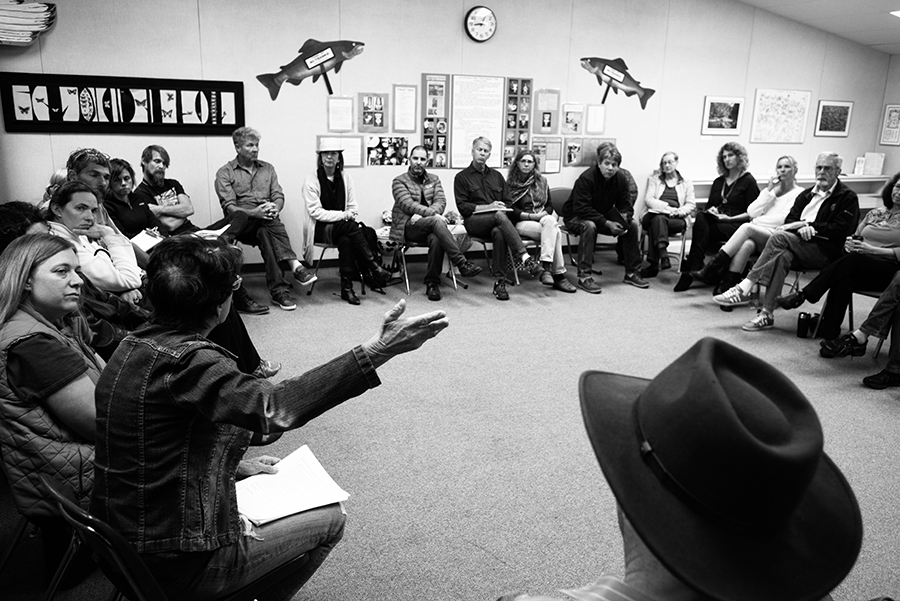Opposition to a proposed medical marijuana dispensary is ramping up in the San Geronimo Valley, with dozens of residents lobbying the local planning group . . .
Opposition flares over proposed valley dispensary


Opposition to a proposed medical marijuana dispensary is ramping up in the San Geronimo Valley, with dozens of residents lobbying the local planning group . . .